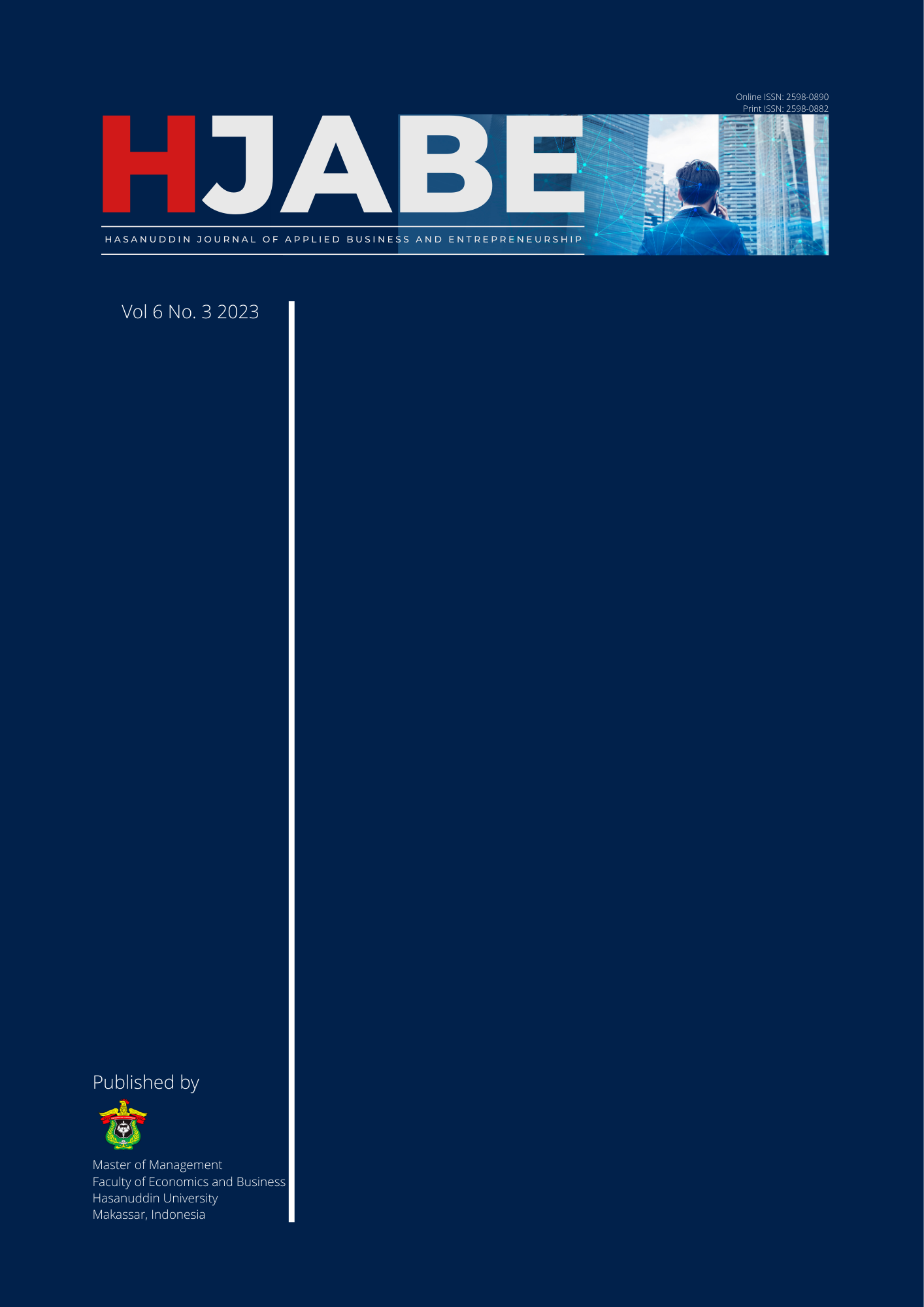Strategy Analysis of Increasing Competitiveness in Tutoring Business in Makassar City, Case Study: Amsterdam Institute
Keywords:
Competitiveness, Strategy Analysis, TutoringAbstract
This study aims to analyze the internal and external factors affecting the Amsterdam Institute. Both qualitative and quantitative research methods were employed, utilizing tools such as IFAS, EFAS, SWOT, and AHP. The SWOT analysis revealed that the Amsterdam Institute should adopt a progressive strategy by leveraging its internal strengths to capitalize on external opportunities, thus propelling business growth. Based on the SWOT-AHP analysis, a prioritized list of strategies was recommended for the Amsterdam Institute. These strategies include attracting parents and students by employing competent teachers and staff (HR), utilizing technology-based learning methods to target the market, expanding learning programs and class types for government agencies and universities, forging collaborations with institutions and schools to extend promotional reach, offering face-to-face teaching and learning programs, ensuring quality teaching and facilities at affordable costs, and implementing intensive and consistent marketing campaigns using successful alumni testimonials. To assess the competitiveness of the Amsterdam Institute against other tutoring institutions in Makassar City, a difference test was conducted. The results indicated no significant difference in competitiveness strategy between the Amsterdam Institute and its counterparts. Consequently, it is recommended that the Amsterdam Institute develop a superior strategy to differentiate itself through enhanced quality and competitiveness.


